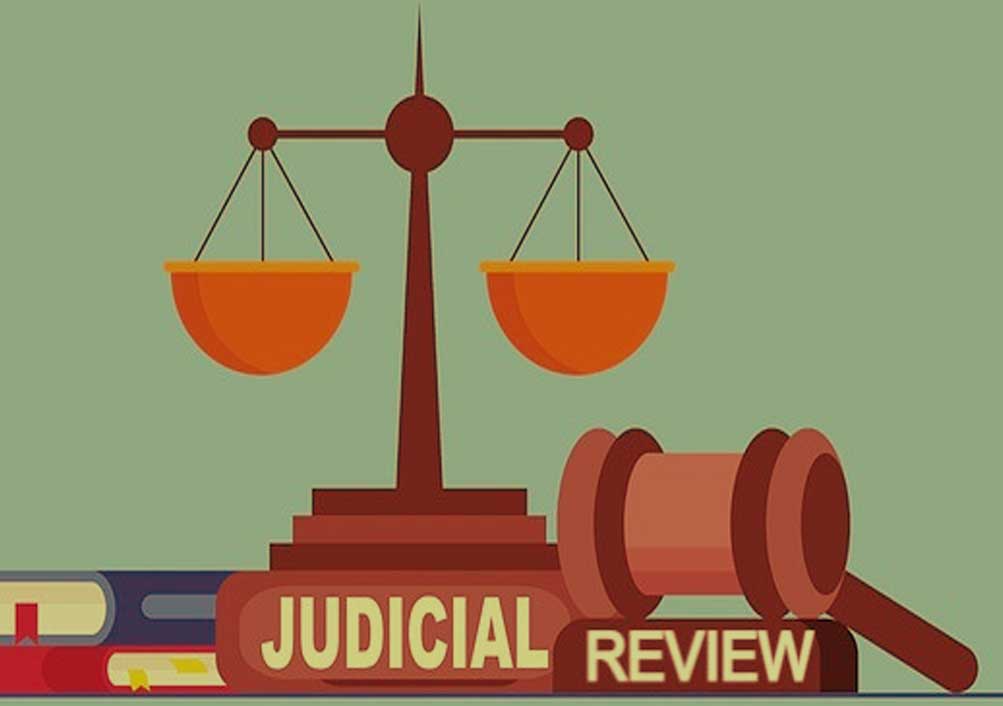Dialogic process of judicial review can provide effective solutions and acceptable outcomes which promote harmony: Supreme Court

Read Judgment: The Surat Parsi Panchayat Board and Another v. Union of India and Others
Tulip Kanth
New Delhi, February 11, 2022: While accepting the protocol and the Standard Operating Procedure relating to the handling of dead bodies of Parsi Zoroastrain Covid Victims, the Supreme Court has stated that it has been assured that such SOPs comport with the tenets of the Zoroastrian faith, while according with the need expressed by the Union government for the maintenance of safety and hygiene in the context of the Covid-19 pandemic.
The Division Bench of Justice Dr. D.Y.Chandrachud and Justice Surya Kant, was hearing an Appeal which arose from a judgment of a Division Bench of the High Court of Gujarat, wherein a petition under Article 226 of the Constitution was instituted by the Surat Parsi Panchayat Board seeking directions to allow the performance of Dokhmenashini or funeral rights in the Towers of Silence(Dokhmas) belonging to the Parsi Zoroastrian community.
The basis of the grievance was that the protocols which were notified on March 15,2020 by the Union Government during the onset of the Covid-19 pandemic setting out modalities for the disposal of dead bodies did not comport with the tenets of the Zoroastrian faith.The High Court had dismissed the petition.
On the next date for hearing, from the side of the side of the Board, a written note was submitted which indicated the manner in which the funeral rites of Parsi Zoroastrians who had died due to Covid-19 would be carried out at the Towers of Silence.According to them, the guidelines which had been issued by the Union Government in the Ministry of Health and Family Welfare did not take into account the concerns of the Zoroastrian community in regard to the modalities ordained for funeral rites.
However, during the course of the ensuing hearings, an effort was made to reach an acceptable resolution of the issues raised.
The Top Court highlighted that on the one hand the fundamental right founded on Article 25 of the Constitution existed while on the other, there were concerns based on the need to preserve public health during the time of the pandemic.
A request was jointly made on behalf of the appellants (Parsi Panchayat Board) as well as the respondents(Union Of India) that a final order in invitum be passed both in the appeal and consequently, in the writ proceedings which became the subject matter of the judgment of the High Court.
Considering that the dispute had been amicably settled and the SOPs & protocols balanced both the tenets of the Zoroastrian faith and the need expressed by the Union government for the maintenance of safety and hygiene in the context of the Covid-19 pandemic while disposing of dead bodies, the Apex Court set aside the judgment of the Division Bench of the High Court of Gujarat.
The Bench concluded the matter by saying, “We appreciate the fair stand which has been adopted by both the sides in ensuring that the issues which have been raised before the Gujarat High Court and, in continuation, in the proceedings before this Court have been amicably resolved. The dialogic process of judicial review can, as this case reflects, provide effective solutions which provide acceptable outcomes which promote harmony. The protocol and the Standard Operating Procedure are accepted and an order is passed in terms of the statement which has been jointly placed on the record of these proceedings.”
The Supreme Court also held that the writ petition shall be governed by the agreed statement which had been placed on the record in these proceedings.
Sign up for our weekly newsletter to stay up to date on our product, events featured blog, special offer and all of the exciting things that take place here at Legitquest.




Add a Comment